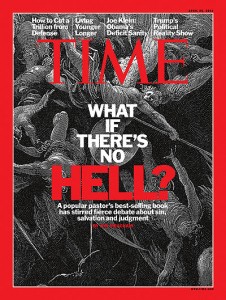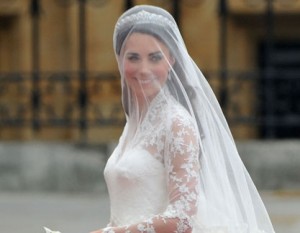“What if there’s no hell?” asks Time magazine.
Well, the subjunctive mood might find out soon, as it continues its slow demise and enters grammatical purgatory.
In bygone days, in olden English (before Chaucer or Shakespeare), all or most of our verbs were conjugated to reflect different grammatical ‘moods’ ranging from indicative, imperative and conditional to optative, potential and subjunctive. Such subtle inflections still pepper the verbs of romance languages such as French and Spanish, but the aggressive (d)evolution of English has left much of this complex conjugation behind in the dust, leaving us with most verbs expressed only in the straightforward indicative.
Thankfully, there’s a notable exception when it comes to the subjunctive mood: the one in which we defy reality or reason, we let our imaginations fly beyond the possible, we wonder and wish, yearn and desire, and we allow the ‘what ifs” to have their very own voice. It’s in the use of our most common verb, which is almost not a verb because it represents the very essence of soul and identity: “to be”.
“If I were you” is probably the most common and undisputed example of this most poetic of grammatical moods, and the easiest way to explain it. In normal indicative mood, when “I” is the subject of the verb “to be” it is conjugated as “I am” or “I was”. But the moment that element of doubt, hypothesis, desire or contrariness is introduced, we abandon the different inflections for different subjects, and suddenly we’re all in the same boat, using the same form of being: “were”. “If I were you, I would.” “If he were better behaved, he wouldn’t.”
Noel Coward, imagining a different reality, wrote whimsically:
“I believe in doing what I can
In crying when I must
In laughing when I choose
Hey ho, if love were all
I should be lonely.”
The wistful Christmas song “In Dulci Jubilo” ends with a plaintive wish to be transported elsewhere: “Oh that we were there.”
J. S. Bach, in his sacred song “Komm, süßer Tod” (“Come, Sweet Death, Come Blessed Rest”) captures in his music the desire for death and heaven; the words, translated from the German, capture in sweet subjunctive that same yearning for a journey of body and soul:
“Come, sweet death, come blessed rest!
Oh, that I were but already
there among the hosts of angels”
The subjunctive is alive and well when we ask that you be patient, when he proposes that they be united in their cause, when I urge that the situation be addressed, when they prefer that she be kind, or when you request that she be there.
Now, as Time asks about that most elusive of truths, the atheist will argue convincingly that there is no hypothesis, uncertainty or impossibility – and therefore no need for a subjunctive mood – in the question the magazine poses. Believers in an after-life would surely prefer a “were” in place of that contracted “is”: “What if there were no hell: would we all be saved?” Using the subjunctive immediately assumes and defines a set of beliefs and realities. Conversely, a simple difference in belief and religious conviction can determine not just the grammatical mood but the very essence of the question being posed.
“What if there were no subjunctive?” Oh that we never know …

Thanks, Damian, for the Time tip-off …











